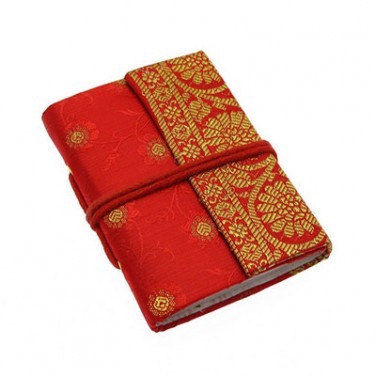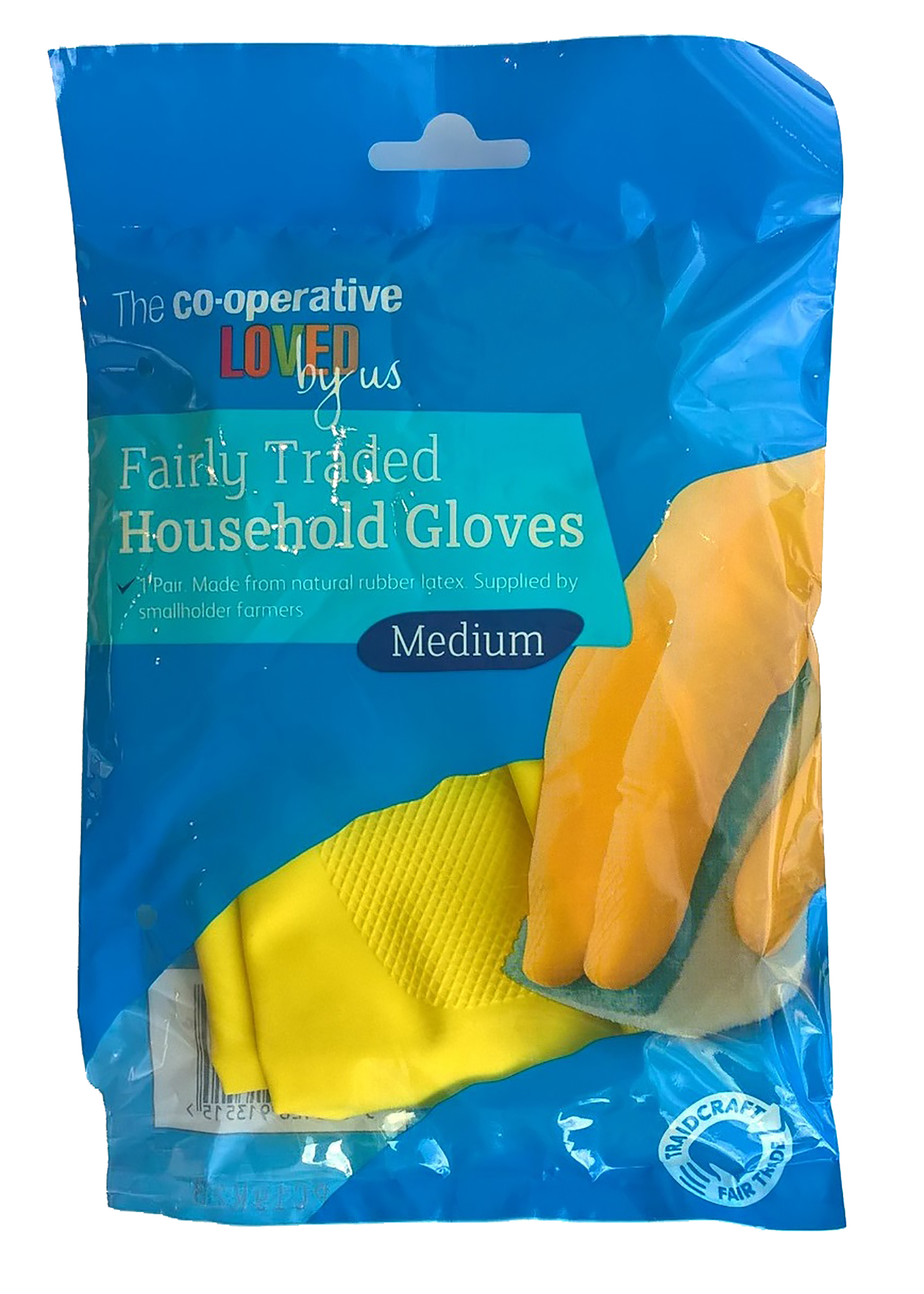Fairtrade focuses on goods produced by some of the poorest – and most exploited – people in the world. The idea was to make a difference, by making trade for these people fair.
Tea, coffee, sugar, cocoa and bananas are widely recognised Fairtrade items – and there have been recent campaigns around cotton and flowers. But Fairtrade has set standards for 16 separate categories, including: cereals; fibre crops; fresh fruit (including bananas and wine grapes); fresh vegetables; herbs and herbal teas, spices and aromatic crops; honey; nuts; oilseeds and oleaginous fruit; prepared and preserved fruit and vegetables; and sports balls.
The Fairtrade Climate Standard was launched in 2015 and the Fairtrade Textile Standard and Programme were introduced in 2016.
“Fairtrade certification is geared towards products that are grown or manufactured in a standard way, like agricultural crops, artisanally mined gold and textiles,” says Fairtrade International’s Giovanna Schmidt. “For these products it is possible to set consistent requirements and minimum pricing.”
Related: How Fairtrade helped my fight for women’s rights
To be classed as Fairtrade – and carry the Fairtrade Mark – 100 per cent of any ingredient that can be Fairtrade certified, must be Fairtrade certified. Although in 2015, the organisation launched a series of Fairtrade Sourcing Programs (FSP), which allow manufacturers to source single commodities such as cocoa, cotton and sugar on Fairtrade terms and then carry a new FSP logo if they source 100% of that specific Fairtrade ingredient.
“Fairtrade is a brilliant thing, and the Fairtrade movement has done a great job,” says Mark Lewis, director and volunteer at Fair Trader. “The problem is that people think of ‘fair trade’ as just the Fairtrade standards.”

Fair Trader is workers co-operative, with a shop online and in Holmfirth, which aims to “be a showcase of ethical products making a difference to local and global communities”. The team works with producers and distributors throughout the supply chain to make sure all their trade is done fairly.
“We work with over 30 co-operatives and small organisations in Asia, Africa and Central / South America, but many of the producers we work with don’t operate in categories covered by Fairtrade,” says Mr Lewis.
“There are no Fairtrade standards for brass or pottery, for example. We understand that there aren’t the Fairtrade resources to write standards for everything and police them, but we were frustrated that Fairtrade was moving too slowly. So we decided to set up our own retailer to show what can be done.”
What did Fair Trader do?
The Fair Traders Co-operative is the “first company to demonstrate, on a micro scale, that there can be a practical approach for companies that are serious about sustainability”, says Mr Lewis.
From scarves in northern India and rice sourced by a Scottish charity to trying to set up a supply chain in Malawi, he says that Fair Trader “looks at the environmental, social and economic impacts not just at the 1st tier suppliers, but down the chain”.
“Our products and suppliers are systematically assessed taking into account the effect of each individual product,” he says. “Often it’s the raw materials that are the problem – so we’ve built up a range of suppliers and contacts over the seven years – including a lot of good UK suppliers who are very open.
“Our aim is to ensure the product results in a real difference to a deserving community. If someone starts by being open and honest, that’s a good start.”
He believes the co-op movement is a great help here. “If a group of people work as a co-op, it ticks a lot of boxes for being more likely to be an ethical producer which treats its staff well. Most co-ops where there are problems are in countries where the model has been hijacked by governments.”
Fair Trader has trained a group of members to assess the supply chain using a seven-point assessment developed by the co-operative. As the co-op is so small, it tries to handle the logistics competitively, and works closely with UK suppliers to share containers.
Related: Survey shows UK adults do not think about people producing their food
“Our ‘sustainability assessment process’ involves the retailer and/or brand, their importers, and their suppliers working together to identify potential improvements that could both deliver economic benefits and address the social and environmental issues of most concern to stakeholders across the supply chain,” adds Mr Lewis.

Fair Trader isn’t the only organisation taking fairness beyond Fairtrade. On a larger scale, the Co-op Group has been working with UK-based Fairtrade organisation Traidcraft, to fairly sourcing of materials which, although not within Fairtrade’s categories, are produced by people who are as in danger from exploitation as coffee and cocoa producers.
The Group’s own-brand rubber gloves use fairly traded rubber produced by smallholder farmers in Sri Lanka, and its fairly-traded charcoal comes from charcoal burners in Namibia. In both cases, the Group liaised with Traidcraft to help develop independent standards that reflect the recognised Fairtrade model.
New future standards?
Although rubber and charcoal may be on the Fairtrade cards in the future, according to Giovanna Schmidt, Fairtrade International is not looking at certifying handicrafts because “it is difficult to apply minimum pricing to crafts and other products made by small-scale artisans, which are each unique and have highly varied production processes and costs” – but she highlights how there are a number of other fair trade organisations who focus in this area.
“We would like to expand Fairtrade’s product range when doing so can benefit additional producers and workers who are currently disadvantaged,” she says. “However, setting standards, building a market and supporting producers for a new product takes considerable investment. We need to carefully consider before we enter a new product category.”

